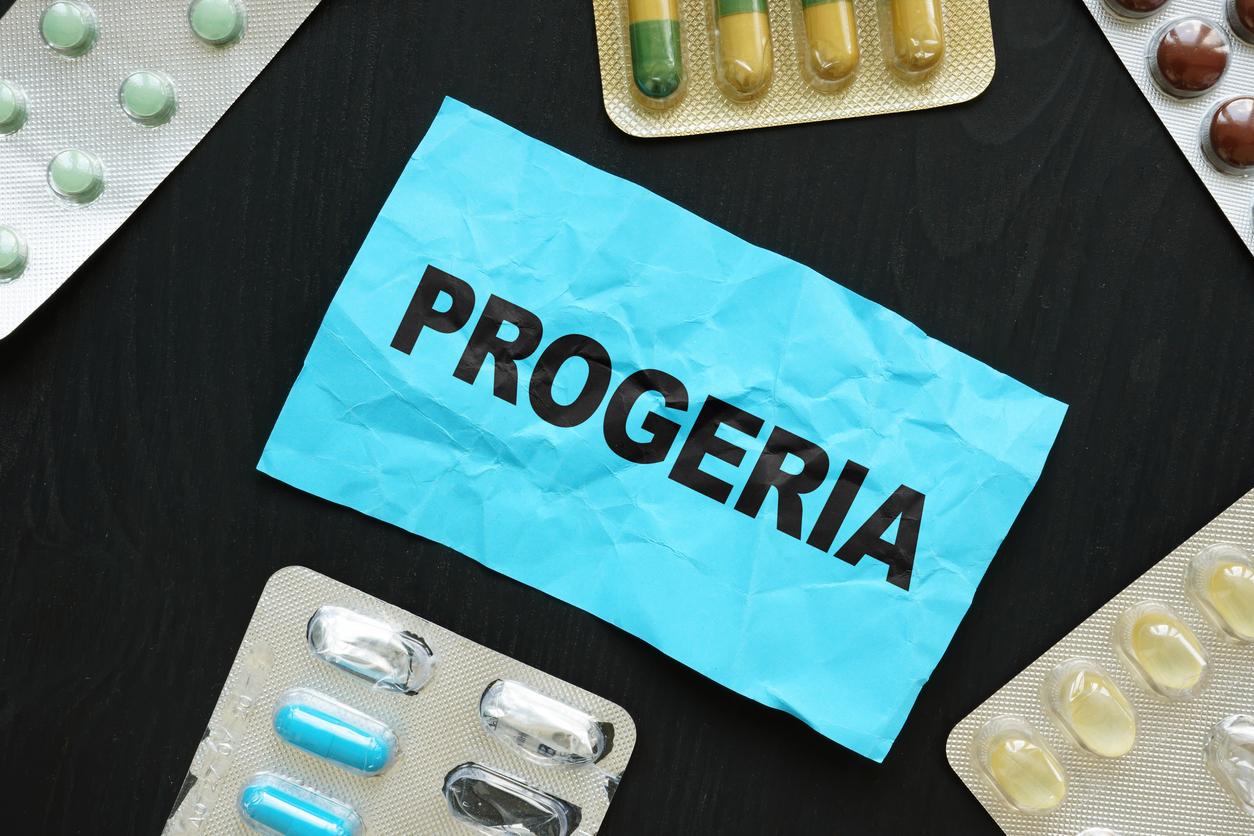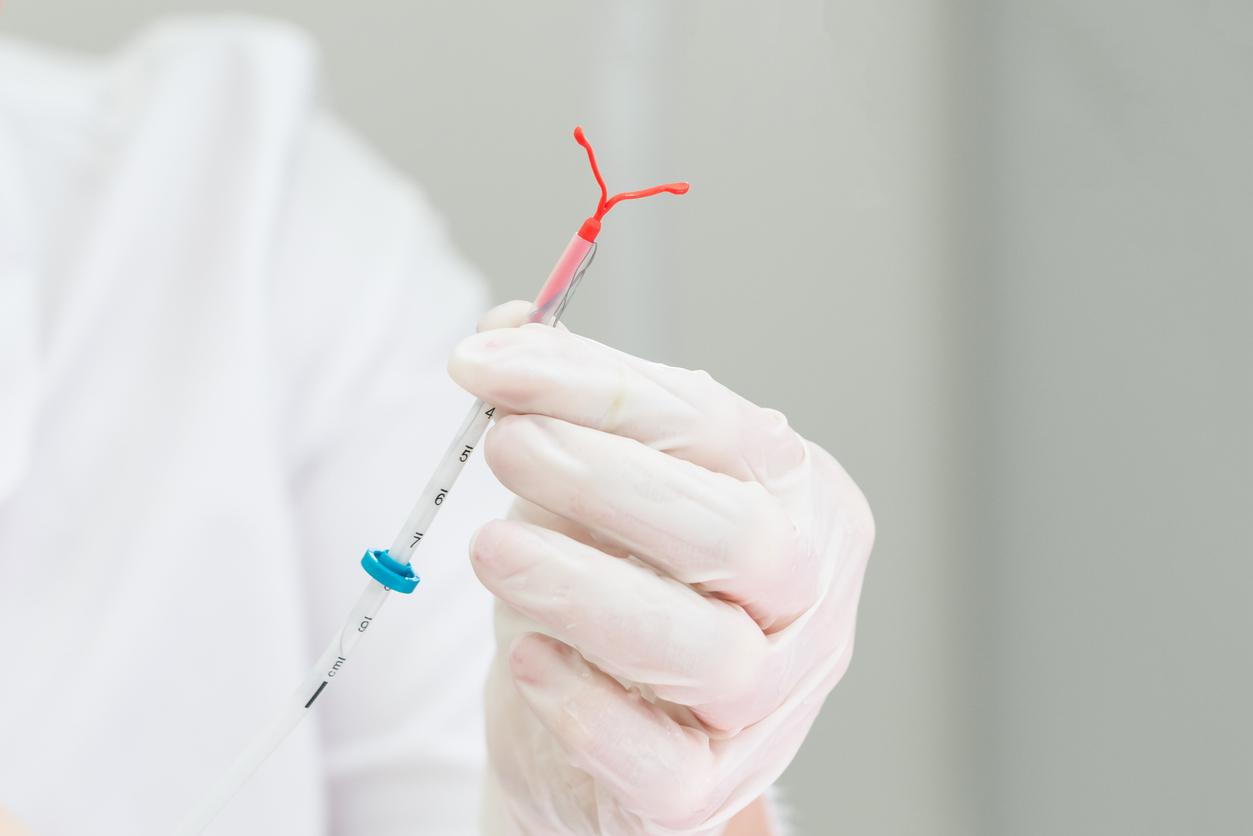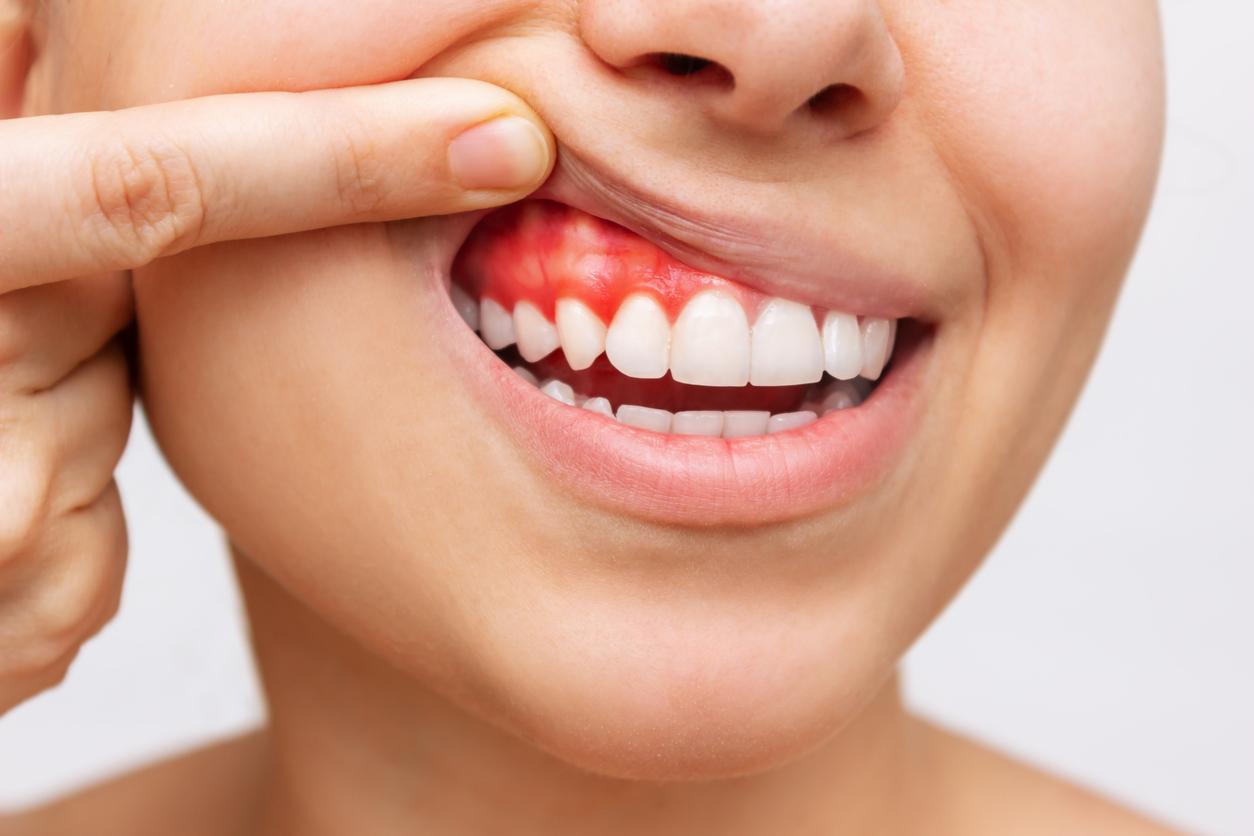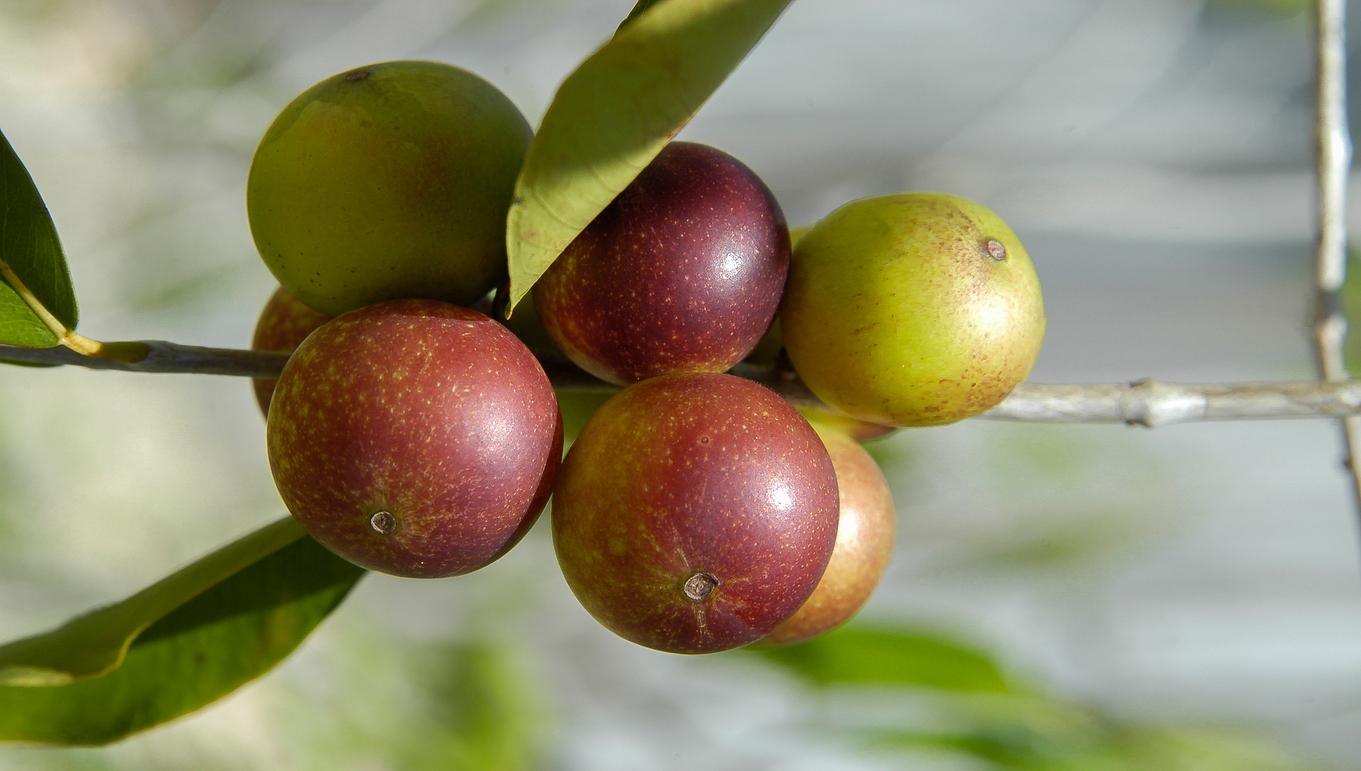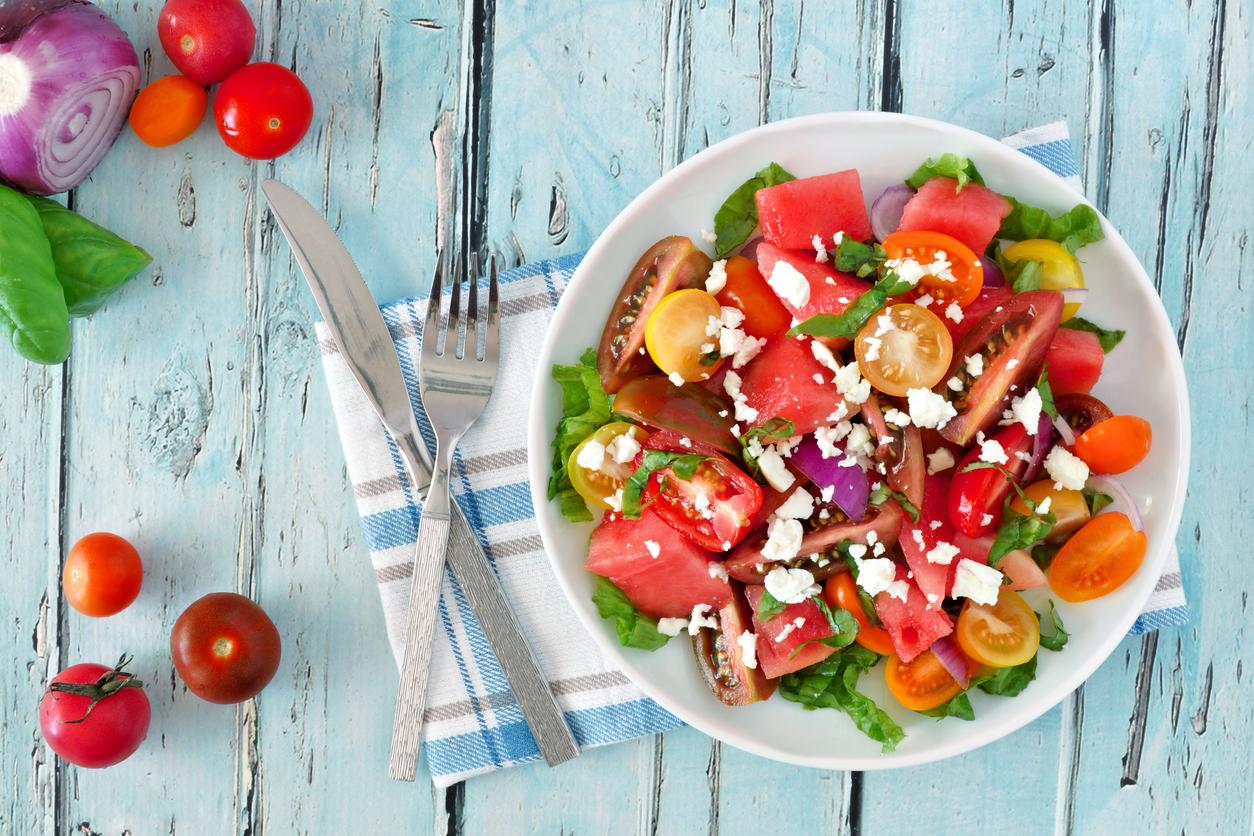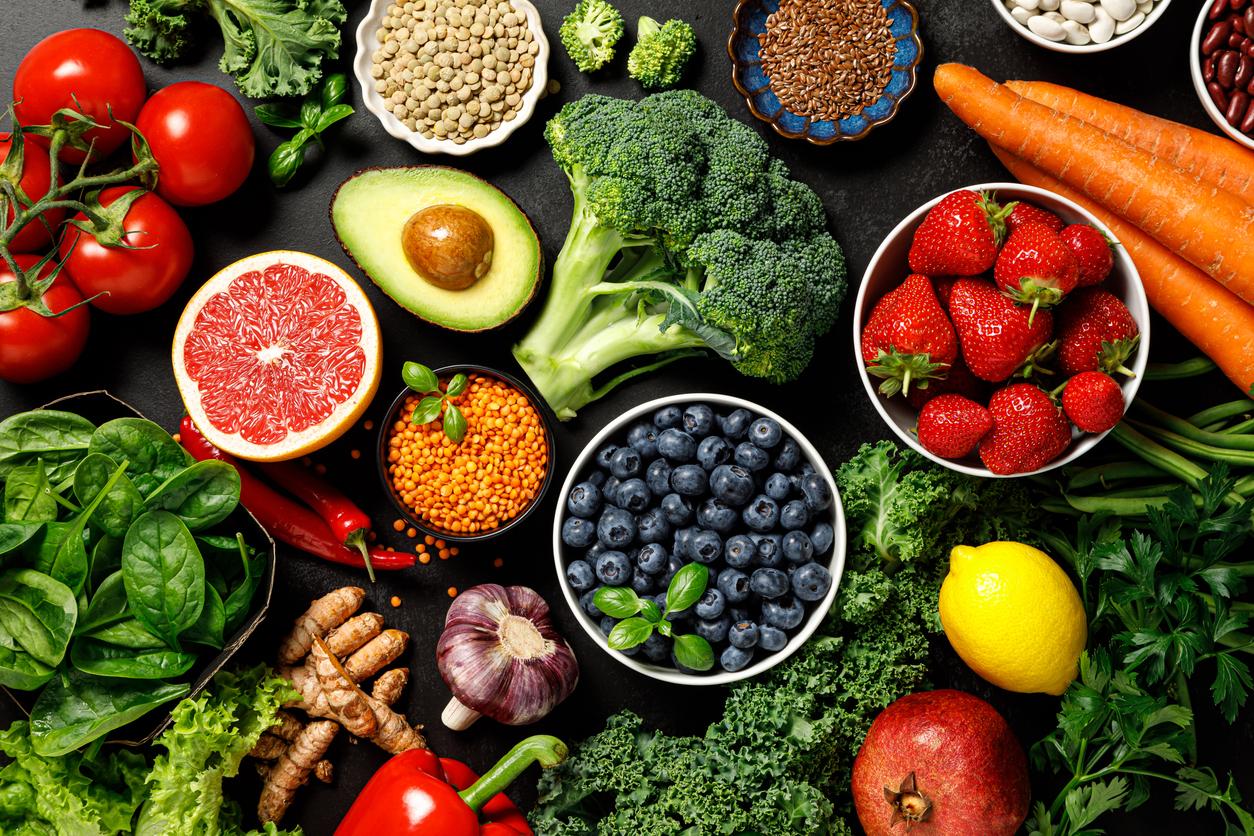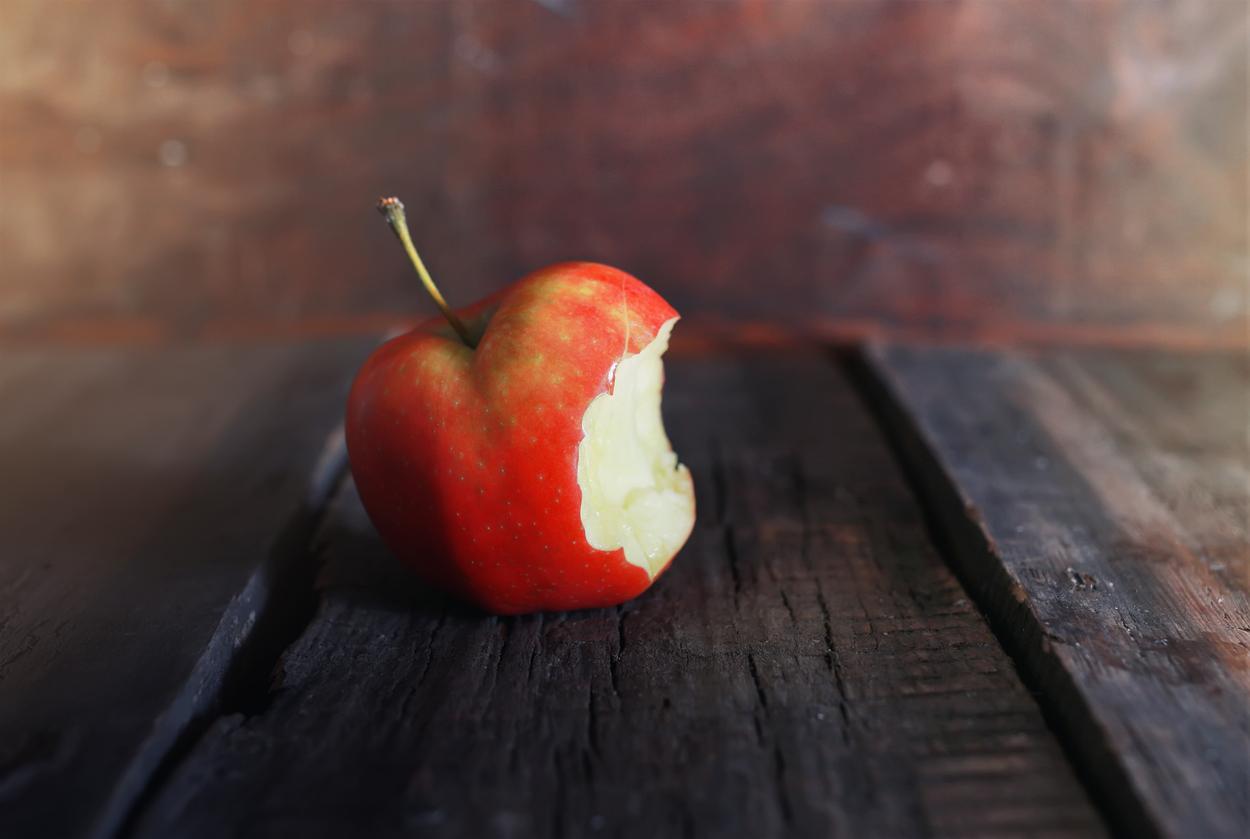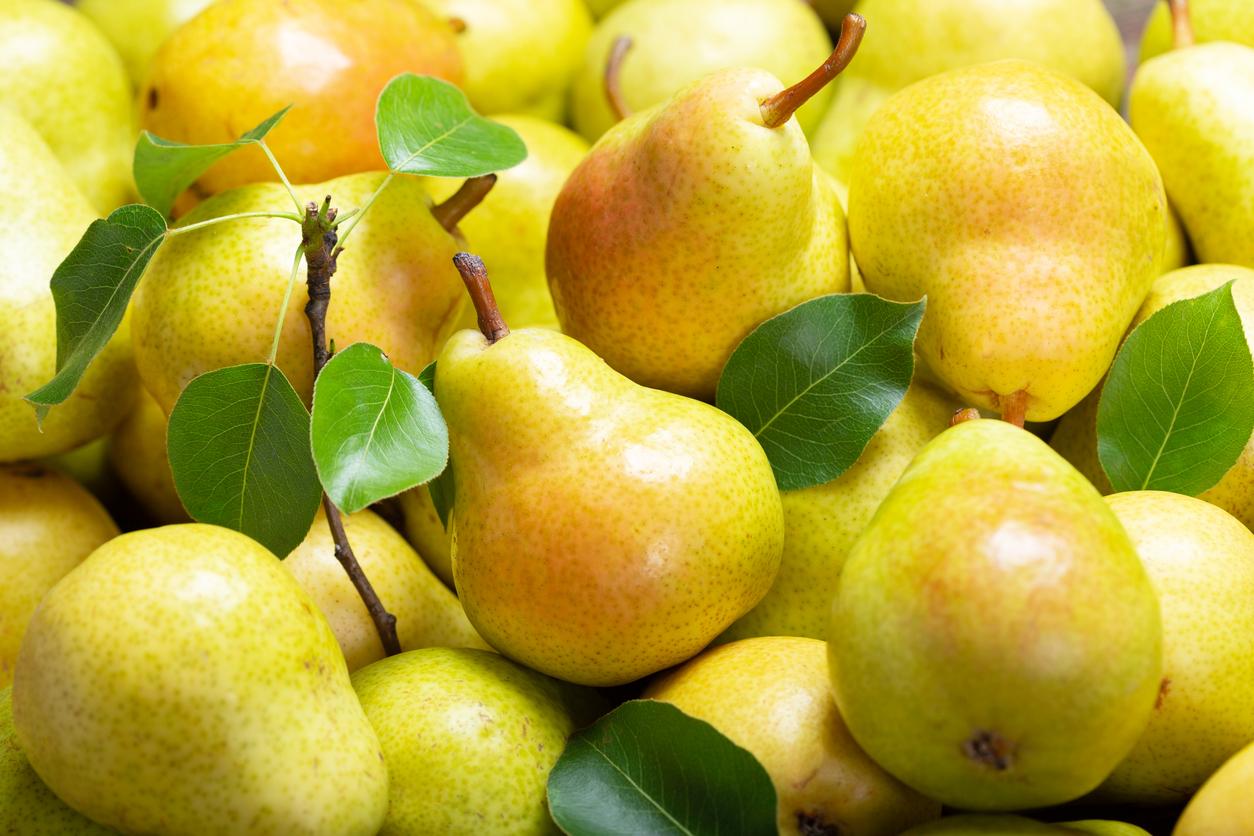Two fruits, which contain flavonoids, reduce the risk of frailty in the elderly, according to a new study.
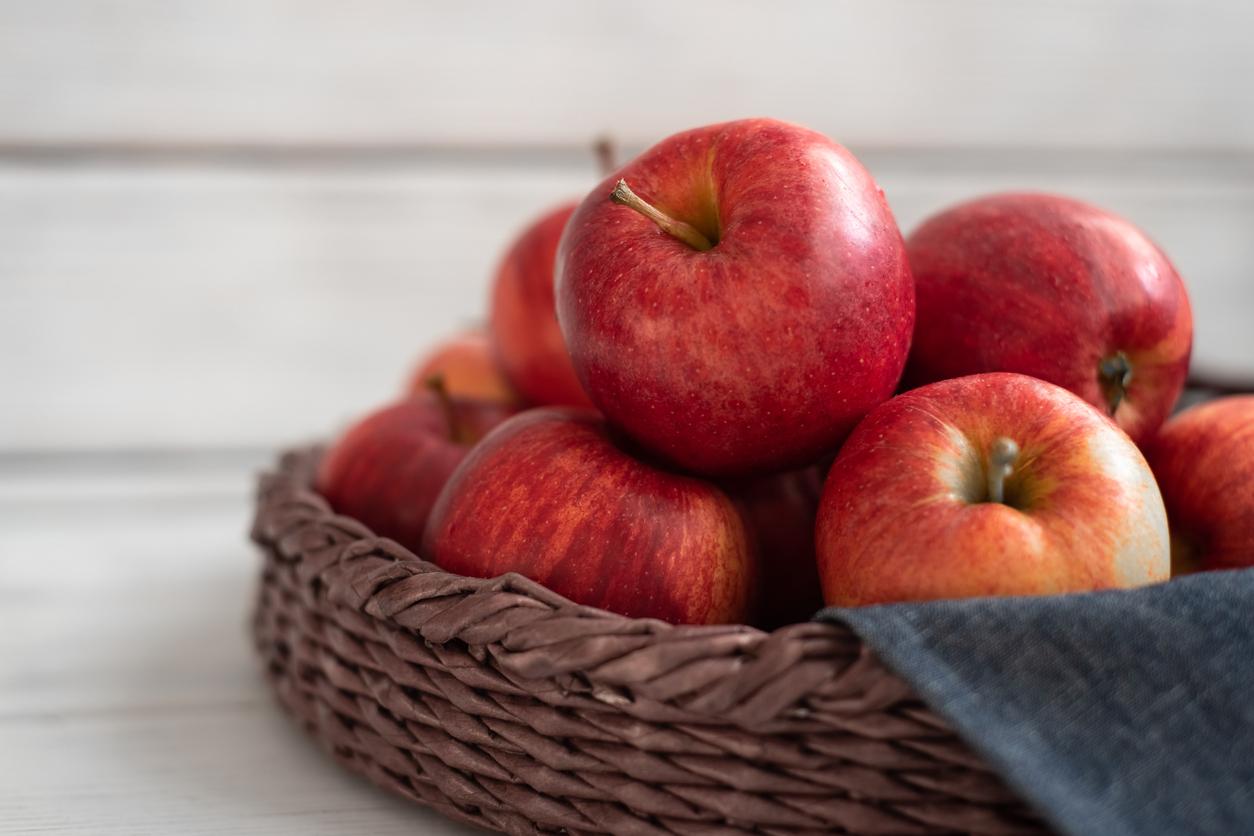
- Fruits that contain flavonoids are particularly good for your health.
- They help to fight against the frailty syndrome.
- This usually develops after the age of 70.
“The frailty syndrome is a marker of the risk of mortality and pejorative events, in particular disabilities, falls, hospitalization and entry into an institution, according to High Authority of Health (HAS). Age is a major determinant of frailty but does not on its own explain this syndrome. Addressing the determinants of frailty can reduce or delay its consequences. Thus, fragility would be part of a potentially reversible process.”
Fighting frailty syndrome in the elderly
This is also the opinion of American researchers from theHinda and Arthur Marcus Research Institute of Aging in Boston who published a study on this subject. In it, they explain that regular consumption of two fruits could reduce the risk of developing frailty syndrome (of which, according to the HAS, the prevalence is low before the age of 70) and more generally of the signs of premature old age.
During their work, they followed 1701 people for twelve years. These who did not have symptoms associated with the syndrome at the start of the study, but they were affected by fragile bones. The aim of the scientists was to study the effects of certain fruits on their health.
Two fruits contain more flavonoids
Thus, the scientists observed that participants who consumed flavonoids had a lower risk of the onset of premature aging and frailty syndrome. THE flavonoids are substances present in plants, fruits, vegetables, chocolate, tea or even red wine!
“The data suggest that there may be particular subclasses of flavonoids that have the most potential as a dietary strategy for the prevention of frailty.”, explains Professor Shivani Sahniin charge of the study.
The two fruits that contain the most flavonoids are apples and berries, so you can consume them daily, especially as you age. But they are not the only ones, grapes and spinach also contain flavonoids.




